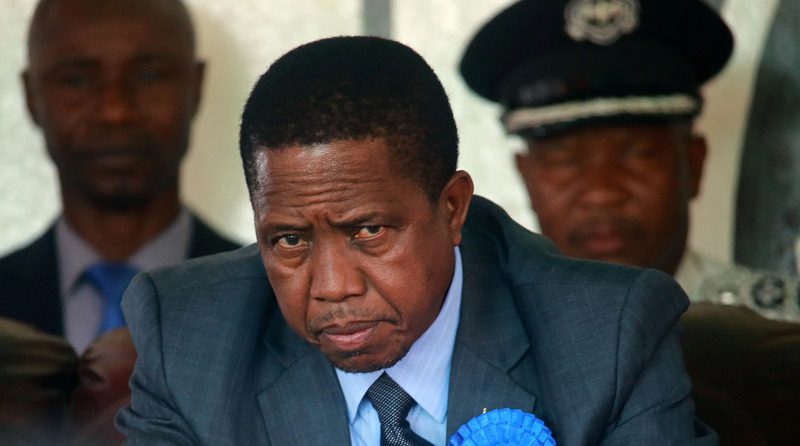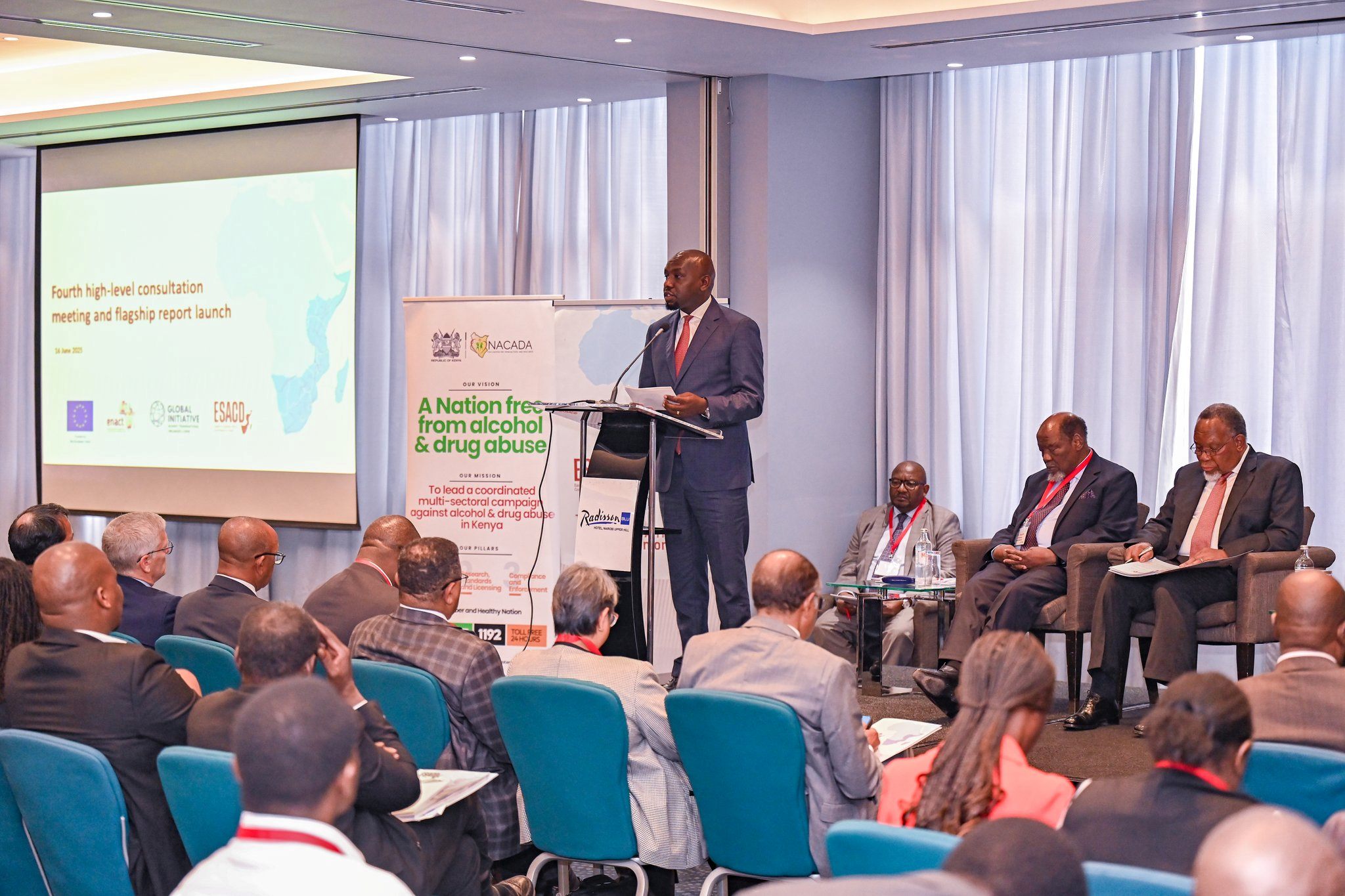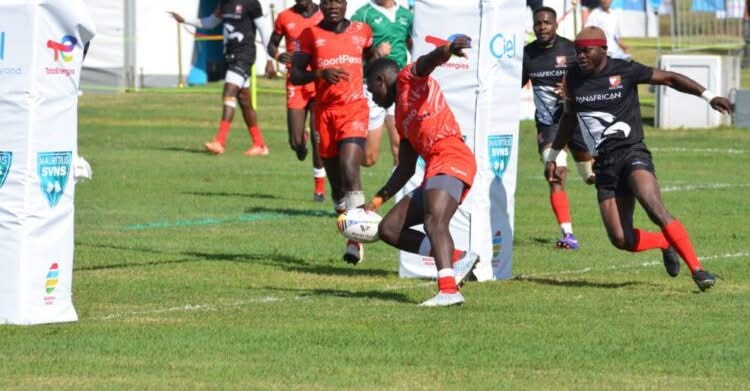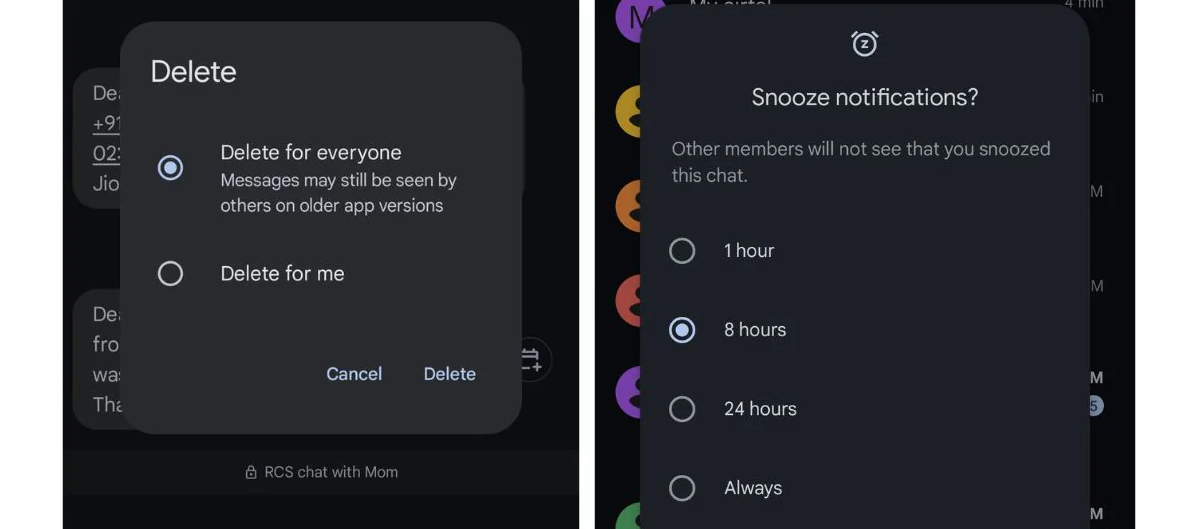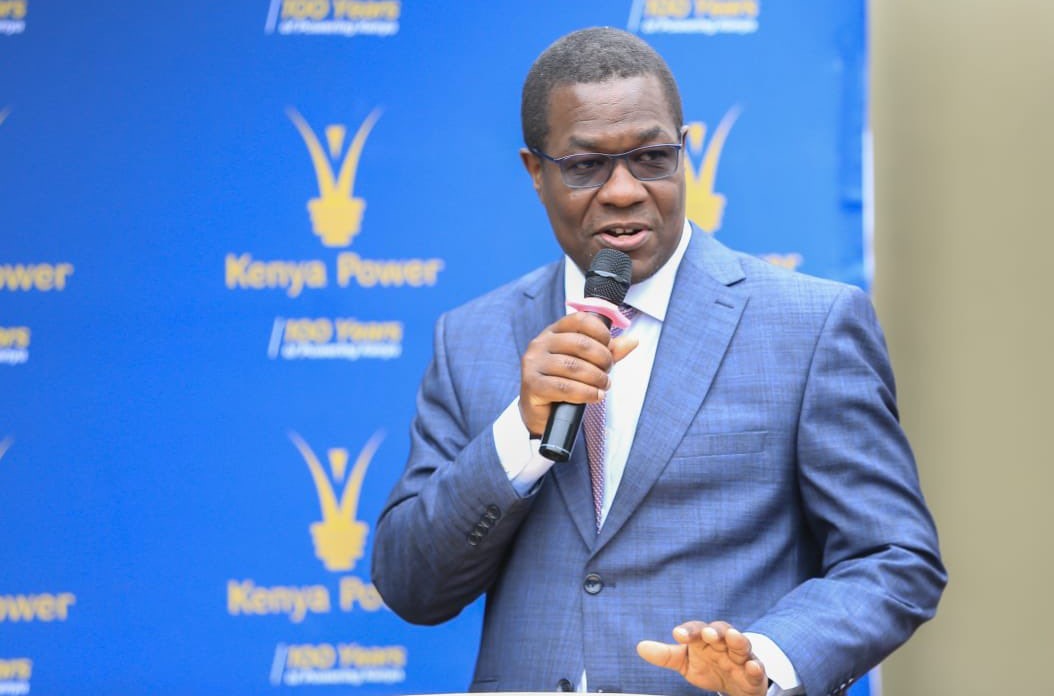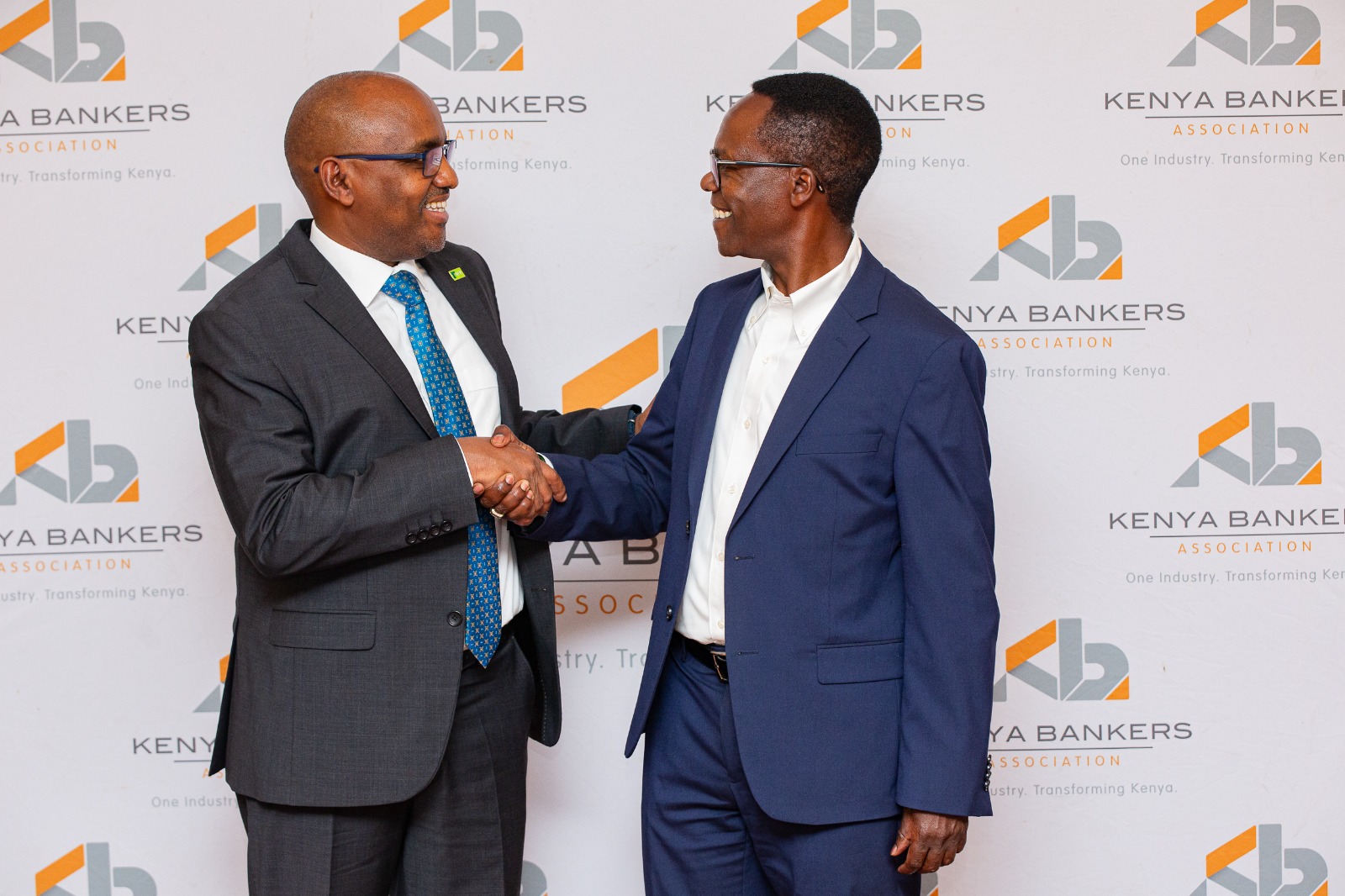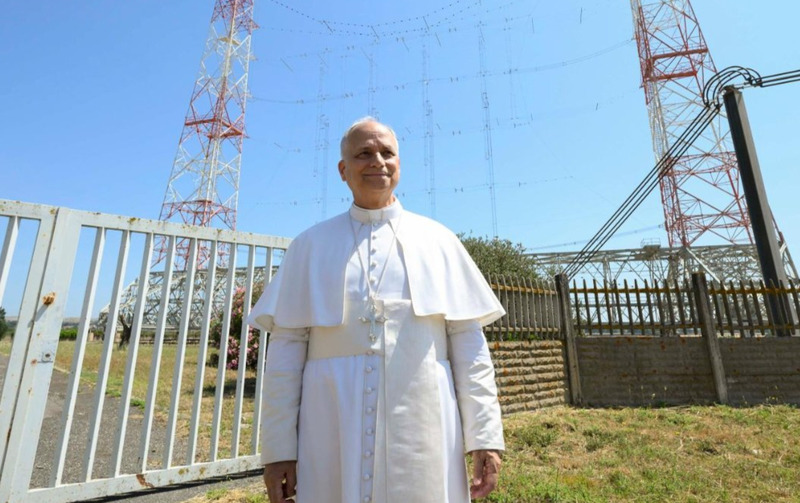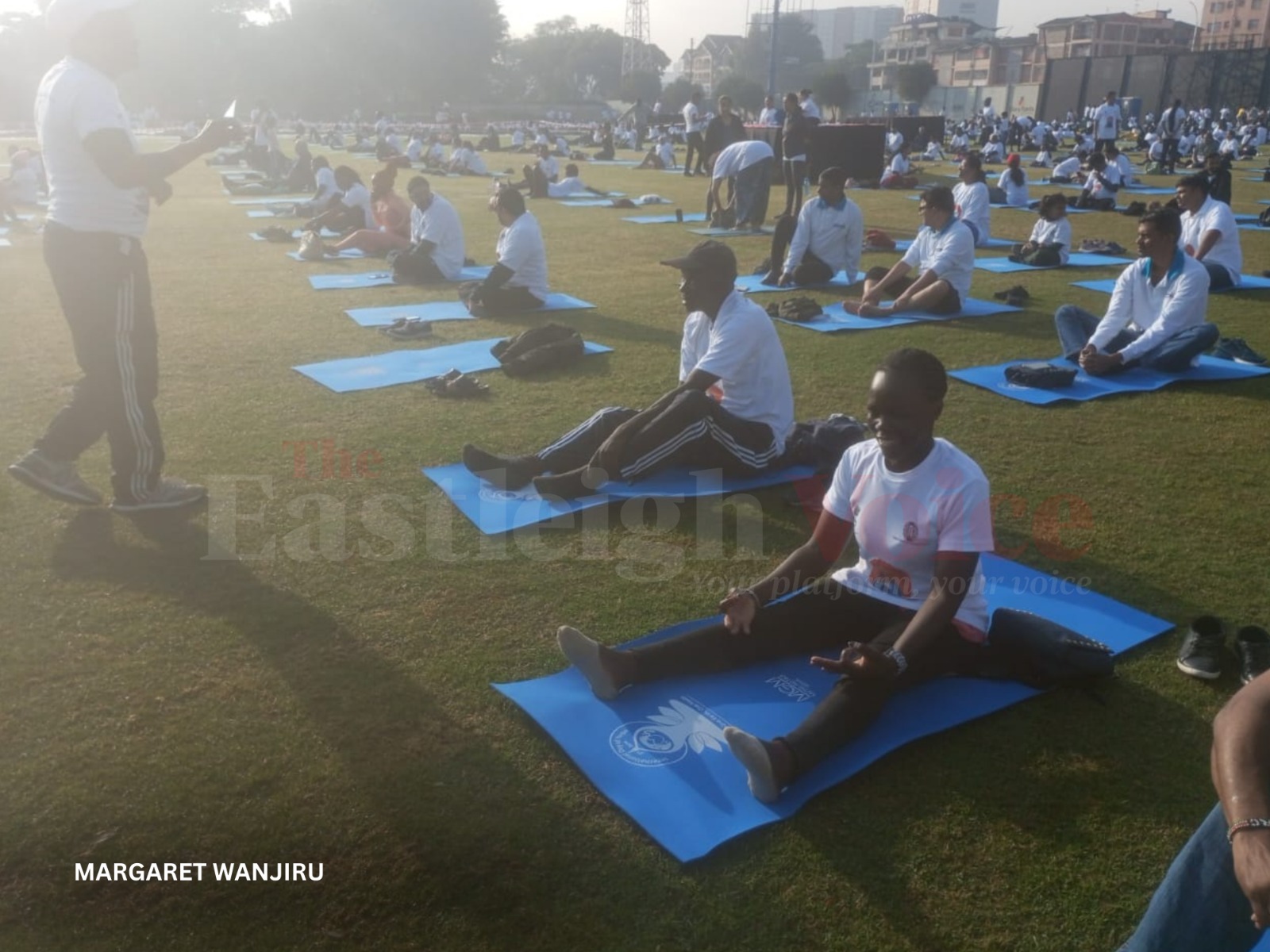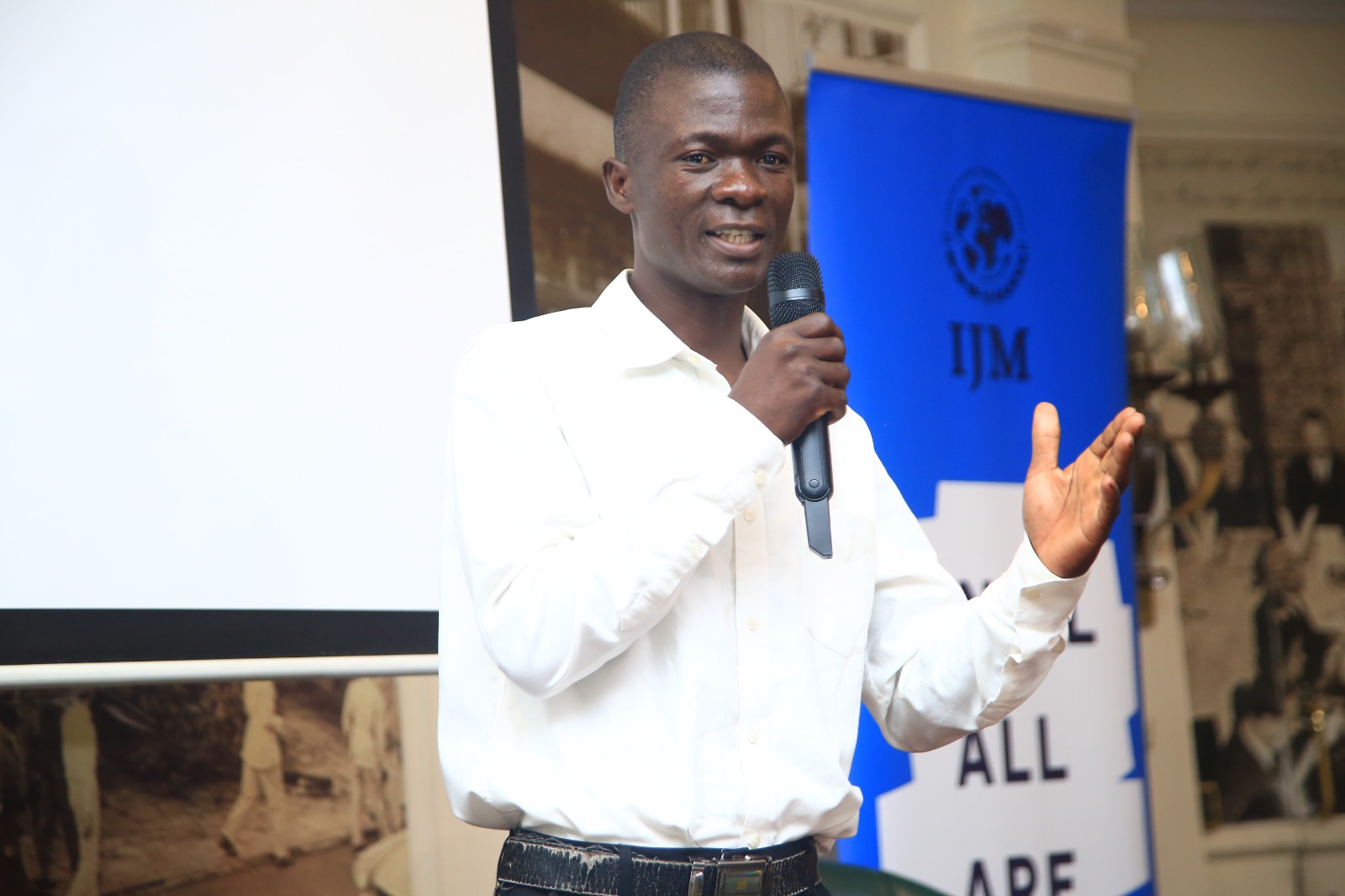Communications agency orders suspension of Telegram during KCSE exams

Scammers are reportedly targeting vulnerable clients by offering to supply them with the ongoing KCSE exam questions before the official exam time.
The Communications Authority of Kenya (CA) has instructed telecommunications firms Safaricom, Airtel, Telkom, and Jamii to suspend access to Telegram during specific hours of the ongoing Kenya Certificate of Secondary Education (KCSE) exams.
The restriction, which has been enforced from November 1 to November 22, takes place between 7-10 am and 1-4 pm each day.
More To Read
- Courts in Isiolo, Marsabit among 42 set for digitisation in Sh250 million tech upgrade
- Safaricom, CA deny role in Ojwang’s arrest, reject claims of sharing mobile tracking data
- Kenya ranked Africa’s top ICT regulator, 20th globally in ITU report
- Gambling crackdown: Communications Authority issues 12-hour warning to defiant broadcasters
- Millions affected as poor mobile phone network quality persists in over 30 counties, CA report reveals
- New Bill proposes metered internet billing and mandatory age verification for online access
According to CA, the measure aims to safeguard the integrity of the national exams.
In a letter addressed to Safaricom CEO Peter Ndegwa, Airtel Managing Director Ashish Malhotra, Telkom CEO Mugo Kibati, and Jamii Telecommunications CEO C.K. Joshua, the CA raised concerns that Telegram was being misused for criminal purposes.
The letter, dated October 31, 2024, stated that CA had received requests to take action against social media channels allegedly involved in activities compromising the integrity of the KCSE exams.
"It has come to the attention of the Authority that the Telegram platform is being misused to perpetrate criminal activities, including compromising on the integrity of the ongoing national examinations," CA Director-General David Mugonyi said.
"As a result, various government agencies have reached out to the Authority seeking assistance in taking down social media channels and forums, including Telegram, that are interfering with the integrity of our national examinations."
Remained unresponsive
Mugonyi also noted that while other social media platforms operating in Kenya have taken proactive steps to curb misuse, Telegram has reportedly remained unresponsive.
"Whereas all other social media platforms operating in Kenya have taken steps to address misuse of their platforms, we note with dismay that Telegram Inc. has remained non-responsive and continues to host offending forums and channels in blatant breach of the laws of the land and the general principles of Data Protection and Privacy," he said.
To address these concerns, CA has directed all mobile network operators to enforce the suspension during KCSE examination hours.
"By this letter, all mobile network operators are hereby directed to use all available mechanisms to suspend the operation of Telegram Inc. in the country, particularly during the administration of the KCSE examinations from 7:00 a.m. to 10:00 a.m. and from 1:00 p.m. to 4:00 p.m. from Monday to Friday up until November 22nd, 2024," the authority said.
Throughout Friday, many Kenyans reported intermittent access issues on Telegram, prompting users to turn to virtual private networks (VPNs) to bypass the restriction.
Preliminary investigations have revealed that many Kenyans, including parents, students, and teachers, have lost millions of shillings to fraud schemes involving fake promises of early access to KCSE exam papers.
Scammers are reportedly targeting vulnerable clients by offering to supply them with the ongoing KCSE exam questions before the official exam time, claiming this would give candidates an advantage.
The cost of these purported papers is said to range from Sh2,500 to Sh18,000, with full packages including all exam papers and answers.
Telegram is said to be the most preferred platform for these schemes, as its security and end-to-end encryption features protect the identities of those behind the fraudulent accounts.
The Kenya National Examinations Council (KNEC) Act 29 of 2012 prohibits unauthorised access to examination materials.
Top Stories Today
